LaQuanda T. Onyemeh: Reflections on the Sustaining DH Institute at Brigham Young University, Provo UT May 16-17
LaQuanda T. Onyemeh, Co-Founder of WOC+Lib
By: LaQuanda T. Onyemeh
LaQuanda T. Onyemeh, she/her/hers, is an Resident librarian at Texas A&M University Libraries and the Co-Founder of WOC+Lib. Her interest include: Online learning and Distance Education, Instructional Design, Open Educational Resources and Diversity Equity and Inclusion. You can find her on Twitter @Lonyemeh and learn more on our about us page.
What is a DH Sustainability Institute?
Sustaining DH institute, is run by a team of researchers from the Visual Media Workshop at the University of Pittsburgh that is held at five locations across the United States. It is designed to help library, archives, and digital humanities professionals create sustainability plans and address preservation concerns at any point in the life cycle of a digital humanities project.
Purpose of WOC+Lib at DH Institute?
Lorin and I were accepted into the NEH ODH (National Endowment for the Humanities Office of Digital Humanities) Institute for Advanced Topics in the Digital Humanities. WOC+Lib is a newly launched community project that has been met with high praise. We thank you all for your support. Our site would not have received this honor without your signal boosting, allyship, and word of mouth! We are grateful and humbled by the response. We applied for this opportunity to gain experiential training from the experts who created The Socio-Technical Sustainability Roadmap to help us to develop a sustainable plan to ensure the long-term viability of WOC+ Lib.
The Talk
“We already sent out the wedding invitations we can't turn back now” -Lorin
“The Talk” is what I would I describe as marital counseling. During the DH institute, Lorin and I had to engage in difficult conversations about the website. We were forced to take deep inventory and look inward from a range of areas: project scope, staffing, technologies, intellectual goals, designated communities, usability testing, sustainability red flags and more. Many of us digital humanists see a need and we immediately launch into problem-solving mode. We jump into our projects with our teams with no discussion about the project’s term or how to establish future access. We are not saying WOC+Lib is going anywhere, but it gives Lorin and I a new, broader perspective to think about.
Photography by Christina Morillo
We see many abandoned projects on the internet. The information has been neglected, valuable data has been forgotten. WOC+ Lib wants to make sure that this does not happen to us. The Sustaining DH Institute has given us the tools because they believe in our mission just as you all do! We want to secure your narratives, research, commentary, and transformative works significant to librarianship against inaccessibility, potential data loss, or data corruption. This institute was essential to the strategic planning of WOC+Lib as we progress, grow, and accumulate more content.
During the nitty gritty complex thinking, knee-deep self inventorying, and looking in the air for the answers; I thought it was important to reflect on WOC+Lib and its mission.
We are committed to the success of our community digital project. We are the stewards of your content and we want you to feel that your voice is heard and that all of this work is worth it! We realized that this project is a part-time job but this is very necessary and we are dedicated to our mission.
If we did not create it then who? If we do not sustain it then who?
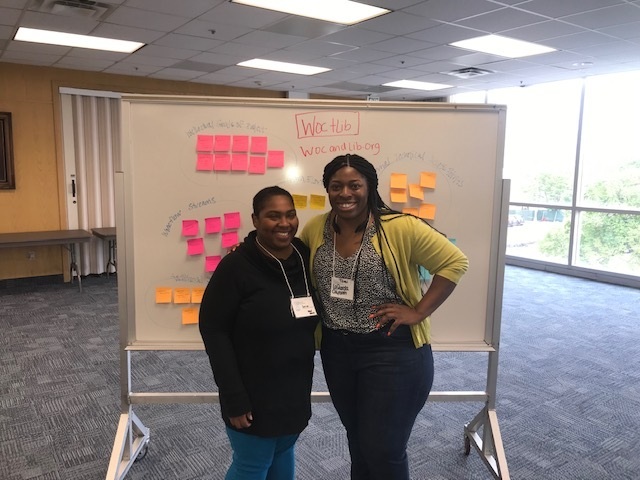
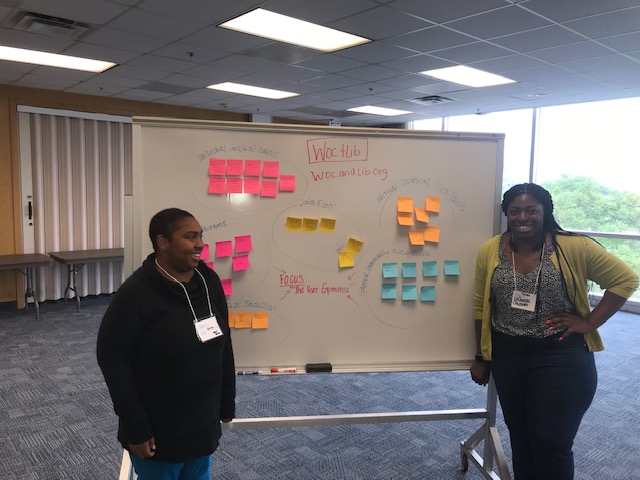

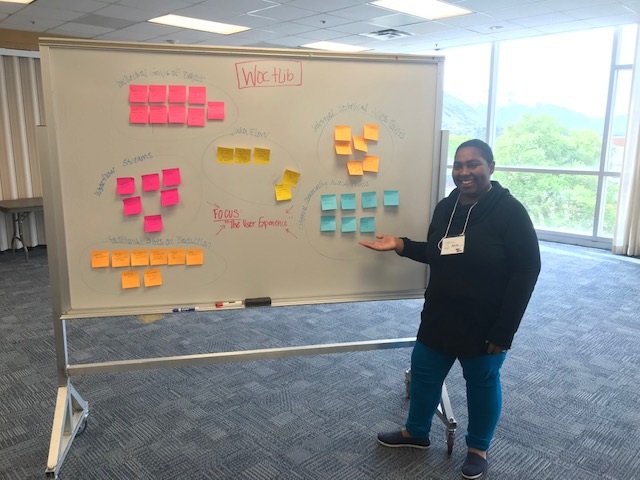
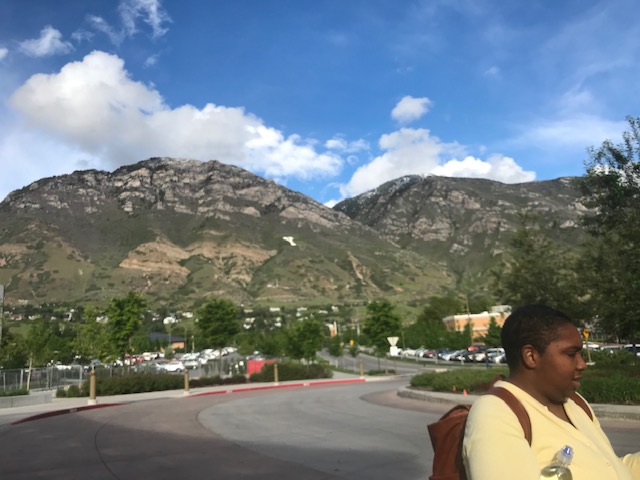


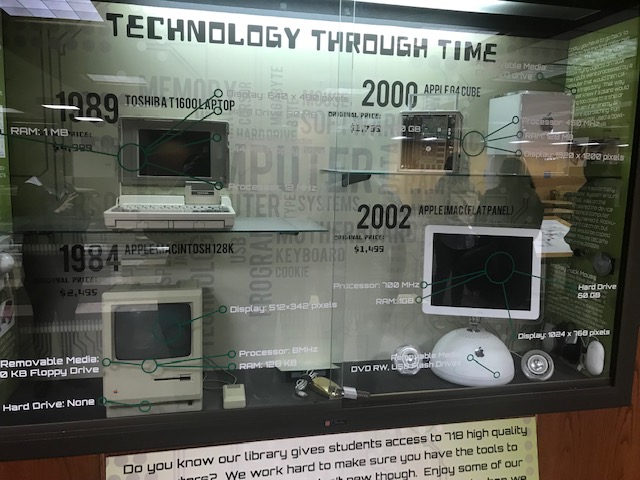
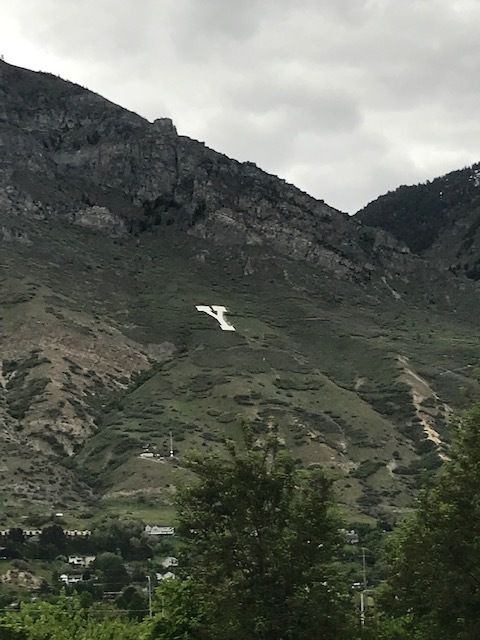
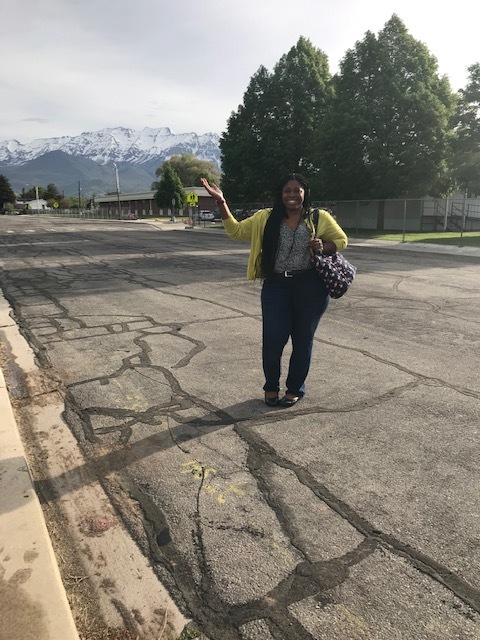
Digital Humanists in us ALL
Digital Humanities is a social undertaking. It harbors networks off people who have been working together, sharing research, arguing, competing, and collaborating- Mathew G. Kirschenbaum
I met so many people who are passionate about their areas of study. I engaged in one on one conversations with them; I felt a kinship. We shared compassion, commitment, curiosity. And most of all, a willingness to re-evaluate self, team, plans, and current workflows. There were complex variations in host platforms (i.e databases, institution host sites, third-party software), span of digital projects, technologies, and staffing teams. We met project members who had large teams and project members who managed their digital project alone. WOC+Lib was the only independent project not funded or hosted by an institution. Our projects also varied by size and funding source but we are united in recognizing the need in telling these unique stories and providing perpetual access to our designated communities over time.
Special Acknowledgments
I would like to give a special thanks to Lorin for being a great collaborator and her partnership in establishing WOC+Lib. Sarah Potvin, Digital Scholarship Librarian at Texas A&M Universities Libraries for her recommendation to applying to Sustaining DH institute and her continued support with her digital humanities expertise. Alison Langmead and Chelsea Gunn for hosting a great DH institute and providing an engaging and inclusive learning environment for both seasoned and new digital humanities practitioners . DH Institute attendees for sharing your successes and challenges. BYU for welcoming us to your beautiful institution to host this institute.


